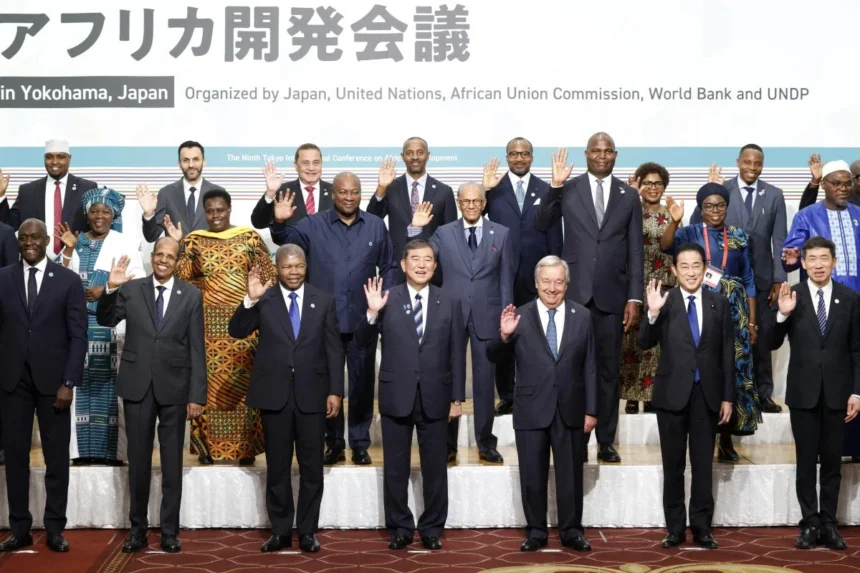The ninth Tokyo International Conference on African Development (TICAD 9) closed in Yokohama this week with a stronger emphasis on private sector solutions rather than traditional aid.
Unlike the previous summit, which pledged $30bn in additional assistance, this year’s event offered fewer government aid commitments. Instead, discussions centred on mobilising Japanese capital and private sector involvement in Africa.
Haoliang Xu, acting administrator of the UN Development Programme, told African Business that this shift reflects global realities. “There’s a decline of ODA (official development assistance),” he said, noting cuts to US and European aid. “ODA is not going to be the solution. We have to work together to create solutions.”
Xu said TICAD 9 featured “more serious” debates than in past years about how to catalyse Japanese private sector investment, though he acknowledged that risk aversion among Japanese investors remains a barrier.
Ankit Khandelwal, MUFG’s head of Africa for sovereigns, development finance institutions and blended finance, said the two key themes were “to support the private sector to drive growth; and to support regional connectivity to support trade.”
He added, “This is the first TICAD conference where every major panel mentioned ‘blended finance’. It reflects both the realities of concessional funding and the opportunities to leverage private capital.”
The most notable announcement was a plan to provide $5.5bn in loans through the African Development Bank for infrastructure and other priority projects.
Japanese financial institutions also played a visible role. MUFG signed three MoUs during the summit with the African Trade & Investment Development Insurance, Africa Finance Corporation, and Turkish energy company Çalık Enerji.
Prime Minister Shigeru Ishiba launched the “Economic Region Initiative”, designed to strengthen trade and investment across the “Indian Ocean–Africa” region. He also unveiled a new partnership with Mozambique, Malawi and Zambia to develop the Nacala Corridor, a key route for exporting minerals and commodities from Africa to Asia.
MUFG’s Khandelwal believes Japanese capital is available but needs support to overcome risk concerns. “The money is definitely there, the requirement is definitely there,” he said. “The challenge is to de-risk investments so that much larger volumes of capital can flow into Africa.”










